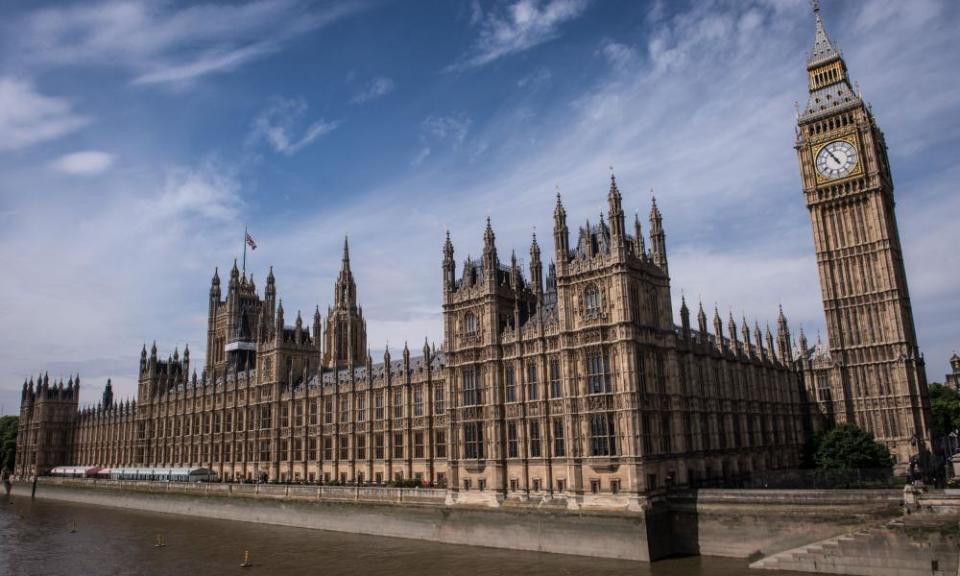115 peers claim £1.3m despite not speaking in Lords for nine months

More than 100 peers have claimed almost £1.3m between them despite not having spoken in the House of Lords for at least nine months, according to a pressure group.
The Electoral Reform Society (ERS) said an analysis of parliamentary records shows that of the almost 800 peers in the Lords, 115 of them – about 15% of the total – did not contribute in a debate between June 2016 and April 2017 yet claimed an average of £11,091 each.
But the society’s conclusions have been challenged by a House of Lords spokesman, who said they failed to take into account other work conducted by peers including serving on committees, amending legislation and putting down written questions.
Peers can claim up to £300 per day for turning up to the upper chamber in one of the debating rooms, but do not have to contribute or vote to get that allowance.
The society claims to have analysed 779 peers’ voting, speaking and expenses records between June 2016 and 27 April 2017.
It concluded that £4,086,000 was claimed by 277 peers who spoke five times or fewer in the past year.
The data also found £7,321,000 was claimed by 394 peers who spoke 10 times or fewer this past year, while 131 peers who spoke and voted 10 times or fewer claimed £658,000.
The most active 300 peers claimed just half the expenses, “showing the size of the Lords can be cut without significantly limiting its work”, according to the ERS.
Darren Hughes, the ERS chief executive, said the data appeared to show a growing “something for nothing” culture.
“There are a worrying number of couch-potato peers and lobby-fodder lords at a time when there is plenty to scrutinise,” he said.
The ERS said it had chosen not to release the names of the peers who claimed expenses or allowances but had not spoken in the chamber, as its aim was “not to name and shame – it’s to show the problem is systemic”.
A House of Lords spokesman said: “The Electoral Reform Society’s calculations are undermined by their narrow focus on spoken contributions.
“Speaking in the chamber is only one of the ways members hold the government to account and this research ignores members’ contributions including amending legislation, asking the government written questions and serving on select committees – more than 320 members served on committees in the last session of parliament – as well as parliamentary work away from the chamber.
“The Lords is an active and effective revising chamber.”

 Yahoo News
Yahoo News 